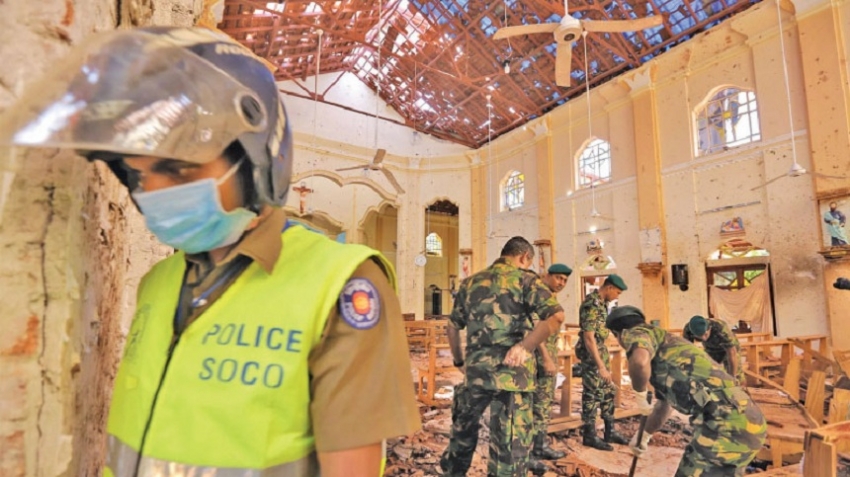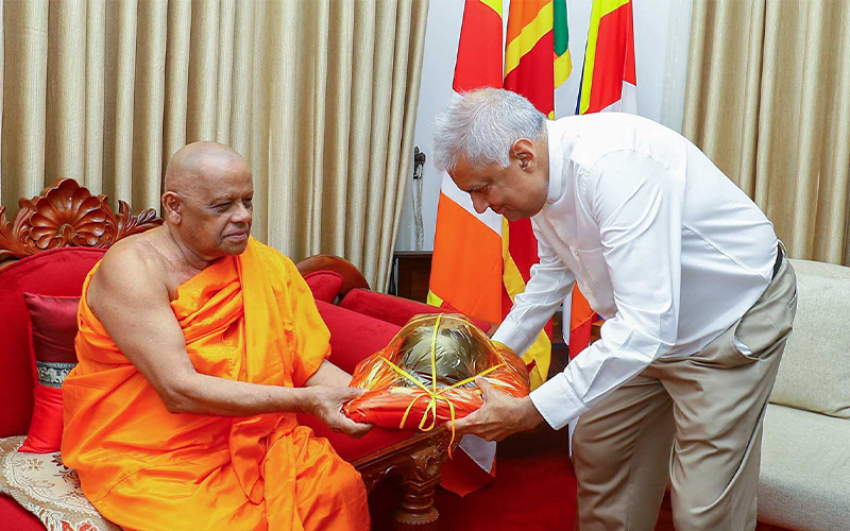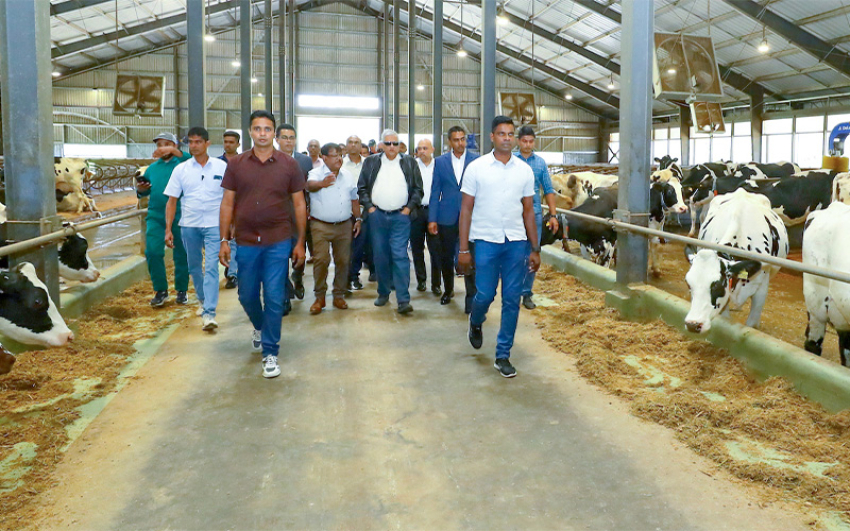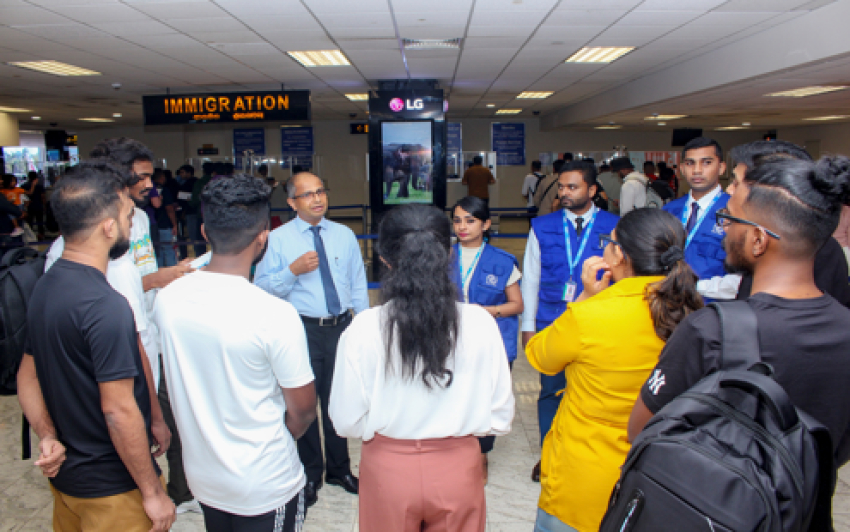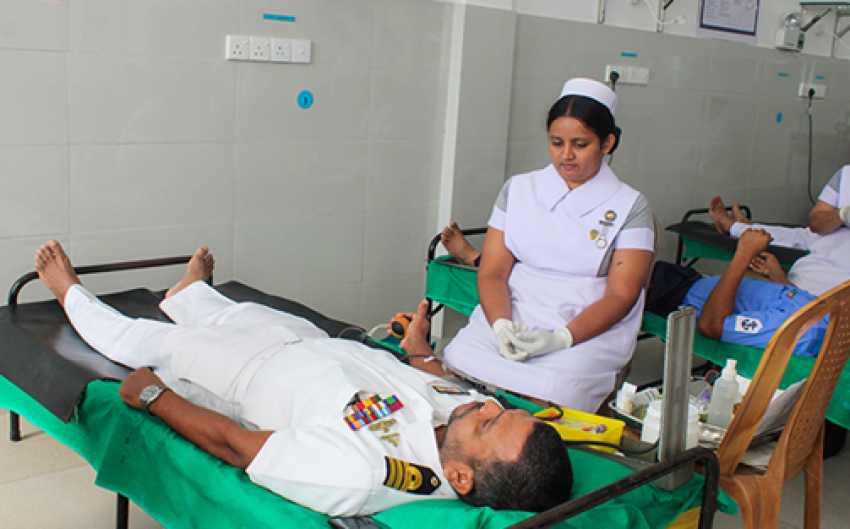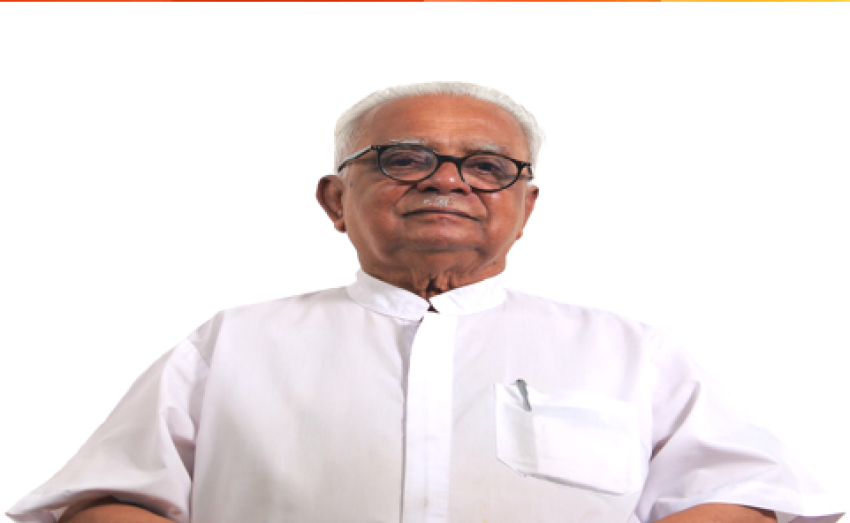The authenticity of this statement was tragically confirmed by the recent events in Sri Lanka, a country suddenly marked by a series of IS sponsored terrorist attacks.Such tragic events inevitably make us question how a group of educated young men (whatever name we call them) can carry out such heartless atrocities. A new study done by six experts in Psychology and Neuroscience and published in May 2017 in “Nature Human Behaviour” - international journal may offer some insights.
The study says: “Our research revealed that the moral reasoning of a terrorist is fundamentally different from the rest of ours. Their distorted moral reasoning – that the ends justify the means – is the “hallmark” of a terrorist mindset. At the same time, their moral judgement differs not just from that of the rest of us, but from other violent criminals as well.” Perhaps unsurprisingly, the experts found out, the terrorists were more aggressive than their normal criminal counterparts, and worse at detecting others’ emotions.
Another research team led by psychologist Sandra Baez of Favaloro University in Bueno Aires, who studied great number of former terrorists, states, “Rather, their moral judgement is akin to that of very small children, or people “with damage in frontal and temporal regions (of the brain). We found terrorists have a “fixation on utopian visions, whereby only (idealized) ends matter. To their way of thinking, harming innocent people is morally acceptable “insofar as it favours the accomplishment of a utopian aim.”
“Our results reveal that terrorists judge others’ actions by focusing on the outcomes, suggesting that their moral code prioritizes ends over means,” Baez concludes.
Change the strategies
Today, almost every other citizen in the country is asking one common question: What steps have been taken by the Government to prevent any more attacks in future?
Most people believe it is the responsibility of the Government to “win the war against this latest menace of terrorism” as we did in 2009. Nobody expects it to be an easy task. Unlike LTTE, in this instance, there are no defined territories to conquer. There are no enemy divisions, camps or bunkers to conquer. The enemy can be anywhere inside the country. And, worse, he cannot be identified. So, winning this war in the conventional way, like we did with LTTE, is not possible. We need to change our strategies.
Terrorism is simply a tactic and it is not the enemy. Trying to eradicate it is a quixotic quest that does not focus on those really responsible for the terror. That is why, if we are to successfully combat the terrorism, we must first understand what makes terrorists commit atrocities. Without realising it, we all play a part in creating environments that are more conducive to terrorism.
Three beliefs
Brendan Cox was an adviser on international development to Gordon Brown while he was Prime Minister in UK. For over five years, he has interviewed hundreds of psychologists, former extremists, people who work with convicted terrorists in prison, senior police officers and victims.
Studying all the evidence carefully, he says, “It’s incredibly hard to predict who will become a terrorist. That’s partly because the cohort is so small that meaningful patterns are hard to observe.”
However, there are models we can use to predict what makes terrorists act. The most popular model is known as “Theory of reasoned action” developed by Martin Fishbein and Icek Ajzen. This approach suggests three beliefs need to be in place for action to gain favourable result.
The first is the person’s “behavioural belief.” The person believes that terrorism is the right thing to do and will have the impact he wants. It will mainly be based on religious or ideological basis. Even it can be personal motivation resulting from dissatisfaction or anger. The second is his “control belief.” He believes that he can successfully complete his mission without any problem. The third is his “normative belief”. That’s essentially his absolute faith in the belief that the people who he values, particularly his teachers, will support his action
Behavioural beliefs
Fox says any country can use this model to prevent terrorism. First is to shape people’s behavioural beliefs. Since the 9/11 attacks, Islamic political violence, used by groups mobilizing Islamic rhetoric to shape their political agenda has become the resultant in shaping global terrorism.
Some scholars have taken this extreme Islamic ideology as a direct cause of the radicalization of Muslim people, leading in some cases to the involvement in terror attacks. These scholars also comment that the Jihadist groups with their misinterpretation of Islamic principles have made presence among the Muslim population during the last four decades.
In this instance, the moderate Muslims and their leaders have a major role to play. They must view these acts as a perversion of their religion that is essentially peace-loving and tolerant. Therefore, they need to comprehend the motivation for these acts and to draw up an effective strategy to ensure there won’t be any repetitions in future.
There is that constant refrain, “When will the moderates stand up?” It’s time they group up together and help co-habitation and trust
Control beliefs
Secondly, we should work to combat extremists’ control beliefs. We can do that by funding the Police and Armed Forces adequately, protecting likely targets and making it even harder to get guns or explosives. Policymakers must go further to build an upgraded intelligence system to support transformed national security needs. Threats involving unknown perpetrators, methods cannot be countered with strategies designed for use to combat more predictable adversaries.
Independent analysts recognize that Sri Lanka's intelligence system failed to get the right information about the pending attacks to the right people at the right time. It was also revealed that serious problems existed in information sharing between the Intelligence community and relevant non-Intelligence community agencies.
Normative beliefs
The third is the most important factor: extremists’ normative beliefs. This is what we as a society can have most impact on because it’s not about their beliefs, it’s about ours. In this matter, there is lot to do. Social media have to change their approach to profiling hatred and channelling people towards it. The empty talk by politicians matters so much and it’s why societal-wide condemnation of such hostile rhetoric is so important.
Every adult in the country has to play their part. Maybe, we will never meet a declared terrorist, but we will all meet or know enough people espousing hate against certain groups. Sometimes it’s tempting to ignore them, or pretend we didn’t see the post, heard the comment or even nod along to avoid a row. But each time we do, we inadvertently create an environment more conducive to extremism.
On the other hand, when we challenge that hatred, we are part of building a normative environment that makes future attacks less likely.
How and not why
Maybe, as terrorism scholar John Horgan suggests, a more manageable and useful question to ask about terrorism is not why, but how- and when and where? How did this specific person come to join this specific organization? What networks helped facilitate the act of joining, and where and how were these networks accessed or sought out?
Because these questions might lead us to the chain of events of terrorism, and not the interior world of terrorists. They are not only more intellectually tractable for scholars, but also more directly relevant to efforts to prevent or stop terrorist recruitment. Law-enforcement agents cannot disrupt a motive, but with the right intelligence and skills they may be able to disrupt a network of terrorist recruiters.

